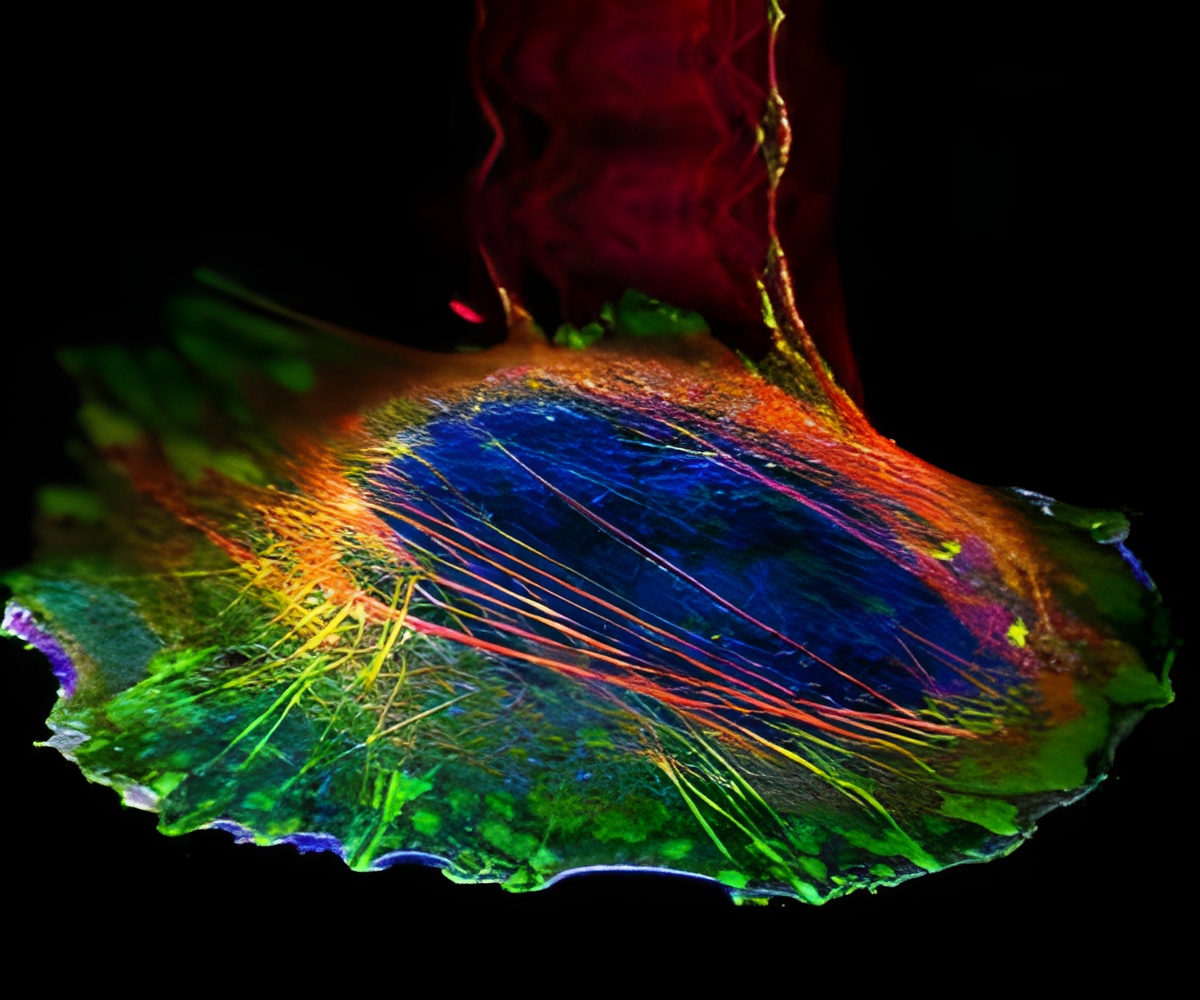The century old model for cancer metastasis - where cancer spreads from primary tumor, to nearby lymph nodes, and then to other organs - may not apply in all cases.

‘In 65% of patients, scientists uncovered that lymph node metastases and distant metastases matched different cell types within the primary tumor, indicating independent origins for these metastasis types.’





Using a simple assay developed by the same group, the scientists analyzed 213 tissue samples from 17 patients with colorectal cancer on their polyguanine (poly-G) repeats - small, mutation-prone segments of the genome - to determine the relationships between cancer cells at the primary tumor, lymph nodes and distant sites from the same patient. Their results showed that in only 35% of the patients studied, the path of cancer metastasis fits the traditional primary tumor - lymph node - distant site model, as both lymph node and distant metastases originated from the same cell type in the primary tumor."Lymph node metastases are typically considered as a precursor of distant metastases. Yet complete surgical removal of lymph nodes does not always lead to extended patient survival. Our study provides the first direct genetic evidence towards resolving this enigma," says Dr. Jain. "The poly-G typing assay we developed also provides a safe and cost-effective way to analyze the evolutionary path of cancer in individual patients, and could potentially be used in the clinic to help guide clinical management of patients with metastatic cancer."
"NFCR is proud that our continued support of Dr. Jain since 1998 has contributed to numerous important research breakthroughs in his lab," says Franklin C. Salisbury, Jr., Chief Executive Officer of NFCR. "We are deeply encouraged by this significant finding and its potential clinical application towards improved, more personalized patient care. This is another extraordinary example of Research for a Cure."
Source-Eurekalert















